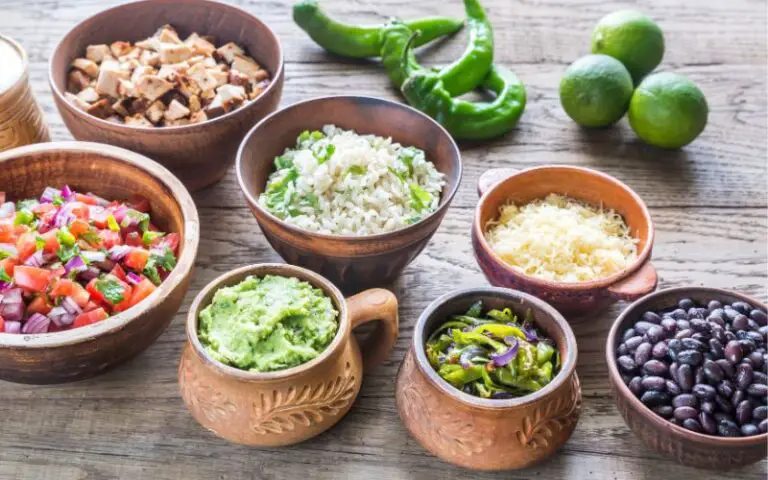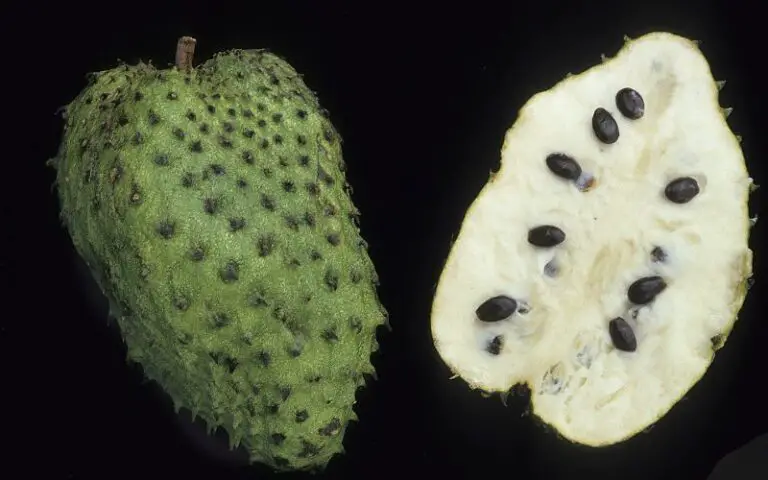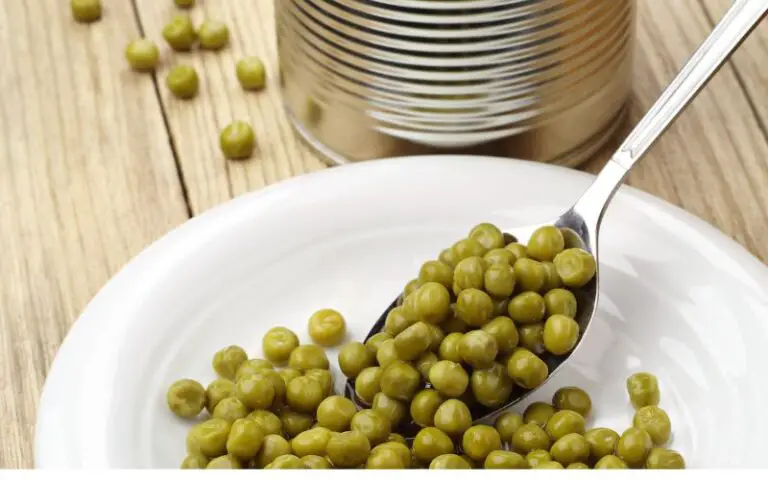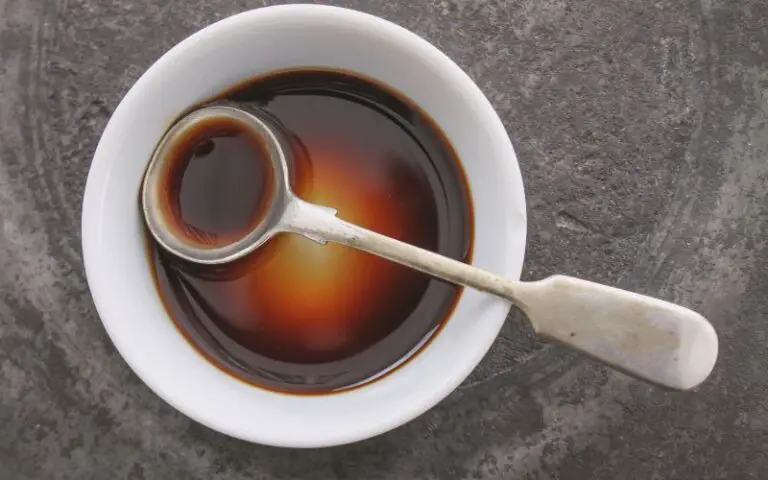Trader Joe’s Tea Bags: Compostable or Not?
Ever wondered what happens to your Trader Joe’s tea bags after you use them? Can they help plants grow? Let’s discover if these tea bags are compostable, which means they can break down in the earth. Join us to learn how your tea bags might be helping our planet!
Trader Joe’s tea bags’ compostability depends on their material composition. Paper-based bags are compostable, but those with plastics like polypropylene are not. Verify the materials for effective composting, and consult Trader Joe’s for current product details. This supports environmental sustainability by lessening plastic waste and enhancing soil health.
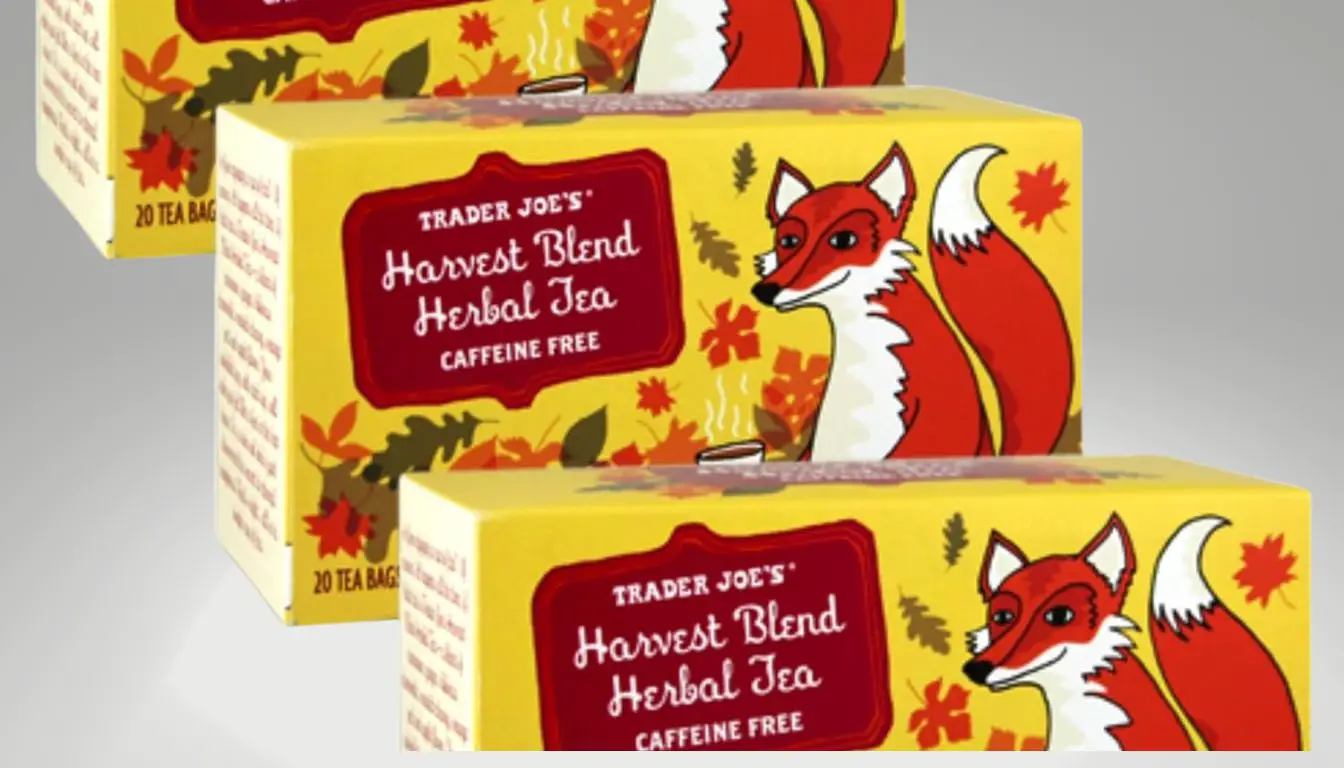
Compostability of Trader Joe’s Tea Bags
It’s important to know what materials are in Trader Joe’s tea bags to see if they can go in your compost bin.
Material Analysis
Trader Joe’s tea bags can be made of paper, plastic, or both. Some materials can be composted, but others can’t.
- Paper: Paper tea bags, usually made from abaca leaf and cellulose fibers, can be composted and are biodegradable.
- Plastic: Some tea bags have plastic like polypropylene for sealing, but this plastic can’t be composted.
- Biodegradable Plastics: Some tea bags use biodegradable plastics like PLA, which can be composted in big facilities but might not work in home composts.
- Glue and Other Materials: The glue in tea bags can affect composting. If the glue isn’t biodegradable, don’t compost the bags.
It’s worth noting that packaging is another consideration when looking at compostability. Some packaging may claim to be compostable if it’s made from biodegradable materials.
How well Trader Joe’s tea bags compost in your pile depends on their materials and your local composting rules.
Trader Joe’s has made some commitments to environmental sustainability, which can sometimes include shifting to more compostable materials.
However, for accurate information, you can check the specific product packaging or reach out to Trader Joe’s customer support for details on the compostability of their current tea bag range.
Remember that proper composting relies on a balance of green materials, like tea leaves, and brown materials, such as dried leaves or paper.
If you’re adding tea bags to your compost, ensure they’re made of the right materials that will decompose effectively.
Environmental Impact
In assessing the compostability of Trader Joe’s tea bags, you are directly confronting the issue of sustainability and making strides towards reducing environmental impact.
Reducing Plastic Waste
Trader Joe’s commitment to eco-friendliness is apparent with their use of compostable tea bags.
By opting for compostable bags, you minimize the volume of plastic that could end up in landfills, where it can take hundreds of years to decompose.
Choosing compostable bags over traditional plastic ones is a significant step in diminishing your environmental footprint.
- Reduction in landfills: Compostable materials contribute less to landfills.
- Long-term decomposition: Plastic waste takes a considerable time to break down.
- Alternate solutions: Compostable tea bags offer a sustainable alternative.
Benefits for Soil
When you add Trader Joe’s compostable tea bags to your compost pile, they break down and enrich the soil with valuable nutrients, which in turn support plant growth and soil health.
Compost serves as a natural fertilizer, improving the sustainability of agricultural practices by returning organic matter to the earth.
- Nutrient-rich compost: Introduces essential elements to the soil.
- Support for plant growth: Helps in the production of healthier, more robust plants.
- Resource efficiency: Utilizes organic waste as a valuable resource for your garden.
When you use things that can be composted and care about the environment, you help lower the gases that come from waste. This makes you a person who is really good at taking care of our planet.
Consumer Guidance
When considering the compostability of Trader Joe’s tea bags, it’s essential to differentiate between the types of materials used and to understand proper composting methods.
Your choice of products and practices directly impacts the efficiency of composting and the environment.
Proper Composting Practices
To ensure that your tea bags from Trader Joe’s and other brands are compostable, examine the packaging for materials like polypropylene, which is not biodegradable, and avoid them.
If the tea bags are labelled as compostable, they can be added to your compost bin. Here, you should maintain a balanced mix of brown (carbon-rich) and green (nitrogen-rich) materials, keeping the pile moist but not waterlogged.
Regular turning introduces necessary air to aid in the decomposition process.
Composting Steps:
- Keep your pile moist as a wrung-out sponge, but not too wet.
- Balance your compost with green (food scraps, tea leaves) and brown materials (paper bags, leaves).
- Turn your pile every week to ensure proper airflow and distribute microorganisms.
Alternatives & Purchasing Options
If you find that your local Trader Joe’s tea bags are not compostable, consider brands like Bigelow Tea, PG Tips, or Celestial Seasonings, known for their compostable products. When shopping, you could also opt for loose-leaf tea from companies like Art of Tea, which eliminates the need for a bag.
For carrying your purchases, choose reusable bags made from recycled materials or sugarcane, which are more durable and reduce plastic waste.
Environmentally Friendly Shopping Tips:
- Bring reusable bags to grocery stores for convenience and to support sustainability.
- Purchase tea products labeled as compostable or choose loose-leaf options.
- Look for brands that use cornstarch or other compostable materials in their products.
- Prioritize products from companies that emphasize reducing plastic waste and promote gardens and composting.
You can find many of these compostable tea bag options at physical grocery stores or through online retailers, providing both convenience and a selection of sustainable choices.

